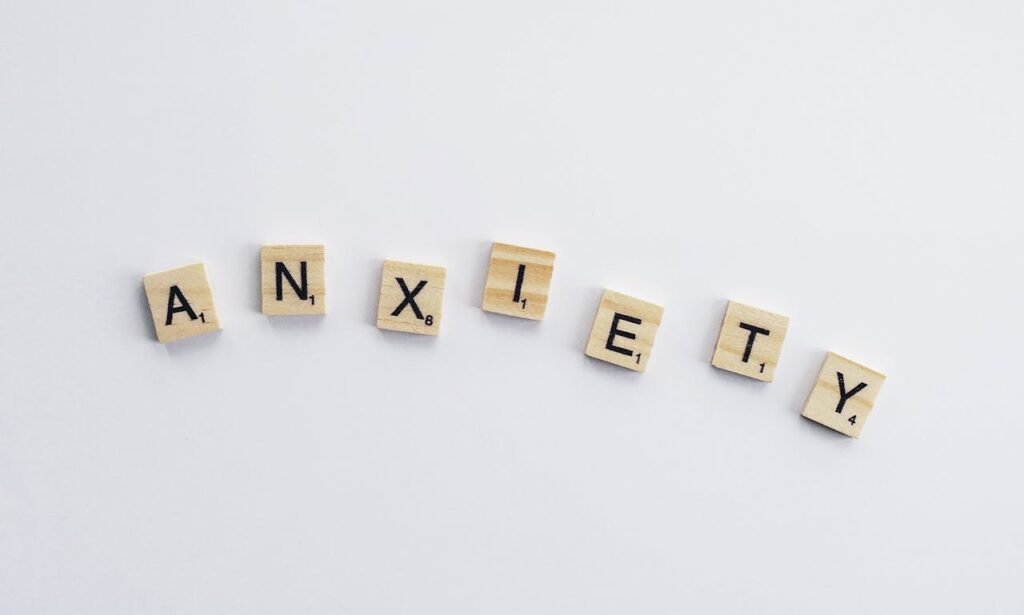Mental health is something that we all have, just like physical health, and taking care of it should be a priority rather than an afterthought. Whether it’s depression, anxiety, or stress you’re managing, you need to take actionable steps so that you can improve your mental well-being and find that balanced day-to-day feeling.
For some people, starting with structured support programs like an IOP program can be a game changer as they offer clinical care while allowing you to maintain your daily responsibilities that can make you feel like you have a foothold on your mental health. It’s a solid first step if you need more than the occasional therapy, but whether you’re considering professional help or you’re just wanting to regain some emotional footing. Here’s ten ways to get on top of your mental health.
Acknowledge where you’re at.
The very first step to improve your mental health is to recognize whether or not something is feeling off. It’s OK not to be OK, but denial only delays your healing. Check in with yourself honestly. Are you feeling overwhelmed, unmotivated, persistently sad, or anxious? Naming your emotions out loud can give you power over them and help you to decide what support you need, whether that’s therapy, an IOP program or full lifestyle changes.
Talk to a professional.
Therapists and counselors can help you to untangle what’s going on in your mind. They’re able to provide you with a neutral and non judgmental space to talk through your emotions and teach you coping strategies. If your symptoms are more intense or persistent, a psychiatrist may help you to evaluate whether medication is appropriate. If the traditional therapies don’t feel like they’re enough, getting a program on board that can provide you a higher level of care is important.
Set some healthy boundaries.
Poor boundaries can wreak havoc on your mental health, and whether that’s taking on too much at work, saying yes when you want to say no, or getting stuck in a toxic relationship, you need to set clear limits for your emotional well-being. Start small by saying no to things that drain you and limit your interactions with people who bring you down. Energy vampires are everywhere. You need to protect your time and your energy like your life depends on it, because in a way, it does. If you are running low on energy at work then you can quickly begin to find yourself getting involved in accidents. If the worst was to happen at work then you may need to access workplace injury support.
Building a support system.
Isolation feeds mental illness, and even if you’re introverted or feel like no one will understand, connection is essential if you want to recover. Reaching out to trusted friends or family members or even support groups can help. You don’t need to have dozens of people, just one or two who can get it to make a huge difference to you. If you’re enrolled in an IOP program or a therapy program, you’ll often find a built-in community there too, which can be a powerful form of support.
Work on practicing mindfulness and meditation.
This can help you to get out of your head and into the present. So instead of obsessing over the past or fearing the future, mindfulness will help to ground you in the now. You don’t have to become some kind of Zen master, but just start with 5 minutes a day. There are plenty of apps out there that can help to guide you, and regular practice has been shown to reduce your anxiety, increase emotional regulation, and improve overall mental clarity.

Create familiar routines that you can stick to.
Structure can be incredibly stabilising when your mental health feels chaotic. Trying to wake up and go to bed around the same time everyday and eating regularly while staying hydrated will help you. Routine gives your brain better predictability and security, which can be especially helpful when you feel out of control of your emotions. It also makes it much easier to build positive habits like exercise, journaling or attending therapy.
Cutback on screen time.
Excessive screen time, especially on social media, can increase anxiety, depression, and feelings of inadequacy. It may be tempting to scroll as a distraction, but constant exposure to bad news or curated perfection can worsen your mental state. Set yourself some limits with your screen time and take social media breaks. Replace some of that screen time with activities that nourish your mind, like reading, journaling, or spending time outdoors.
Get your body moving.
You don’t have to lift heavy weights or run marathons, but you just need to move your body every day and that can have a major impact on your mental health in a positive way. Physical activity releases endorphins, improves your sleep, reduces your stress, and boosts self esteem. Whether it’s dancing in your living room, doing some mindful yoga, or putting on a varsity helmet and joining your college football team, find a form of movement that you enjoy and make it fun. This way it becomes something you look forward to rather than a chore.
Challenge your negative thinking.
Your thoughts aren’t always telling you the truth. Cognitive distortions like catastrophising, black and white thinking, or mind reading can lead to downward spirals. Practise pausing when a negative thought hits you and ask yourself whether it’s true and what the evidence is to back it up. If you can do that, you can learn to think of it in a different way.
Mental health is a part of your lifestyle.
Your mental health isn’t something that you fix once and forget about it, it’s an ongoing relationship with yourself that requires attention and care. Instead of waiting until you’re in a crisis, build practices into your routine that supports your long term well-being. This can include journaling, gratitude exercises, regular therapies, breathing techniques, quality sleep, and checking in with your emotions regularly. Treat mental maintenance the same way you treat brushing your teeth or even exercising, because it’s part of your mental health.
You don’t have to be in a crisis to prioritise your well-being. Taking care of your mind is as important as taking care of your body. Finding the right program is going to help and whatever path you choose, know that you’re not alone because things can always get better.







